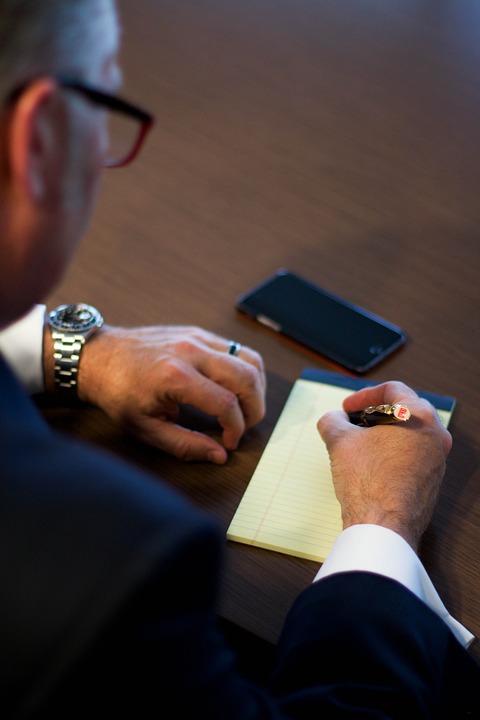One Easy Job Interview Mistake to Make– and Avoid!
IT recruiting agencies find that candidates make some mistakes in interviews that are pretty egregious. Maybe they are particularly late, rude, or can’t answer technical questions. However, IT recruiters also see candidates make subtler mistakes in interviews. Here’s one mistake you may not even know you’re making as you interview for IT jobs: not giving your interviewer a genuine weakness (if they ask for one).
What does this mean exactly? IT staffing companies find that often, candidates are tempted to give a weakness that isn’t actually a weakness. IT recruiting firms see candidates give weaknesses like “perfectionism”, that aren’t really weaknesses. The problem with giving answers like this when an interviewer asks for a weakness is that it comes across as disingenuous. Interviewers actually do want to hear a weakness from you. They need to see that you’re being open and honest with them in the interview. They also need to see that you’re a good fit for the job—so when you can’t list a weakness, it’s hard for them to ascertain if you’d do well in the role.
So how would IT recruiting companies suggest you tell an interviewer about a weakness in a genuine, effective way? Start by thinking about a weakness that wouldn’t affect your ability to do the job you’re interviewing for. For instance, for a job that doesn’t require you to manage anybody else, you could say you have a hard time sharing or delegating tasks. For a programming job that doesn’t require any client interaction, you might mention that your customer service skills are lacking.
The next step is to briefly talk about steps you’ve taken to improve on this weakness. You don’t want to go into excessive detail, but this part is important. Technical recruiters find that what really impresses interviewers is evidence that you’re able to improve upon your performance as an employee. This helps them to picture you as a self-motivated employee on their team, always striving to do better.
IT staffing firms suggest you wrap up your exchange about weaknesses by painting an optimistic picture of the future. Just a sentence here would suffice. You want to show your interviewer that you can see yourself continuing to improve on this weakness, perhaps using this improvement to enhance your performance at work.










